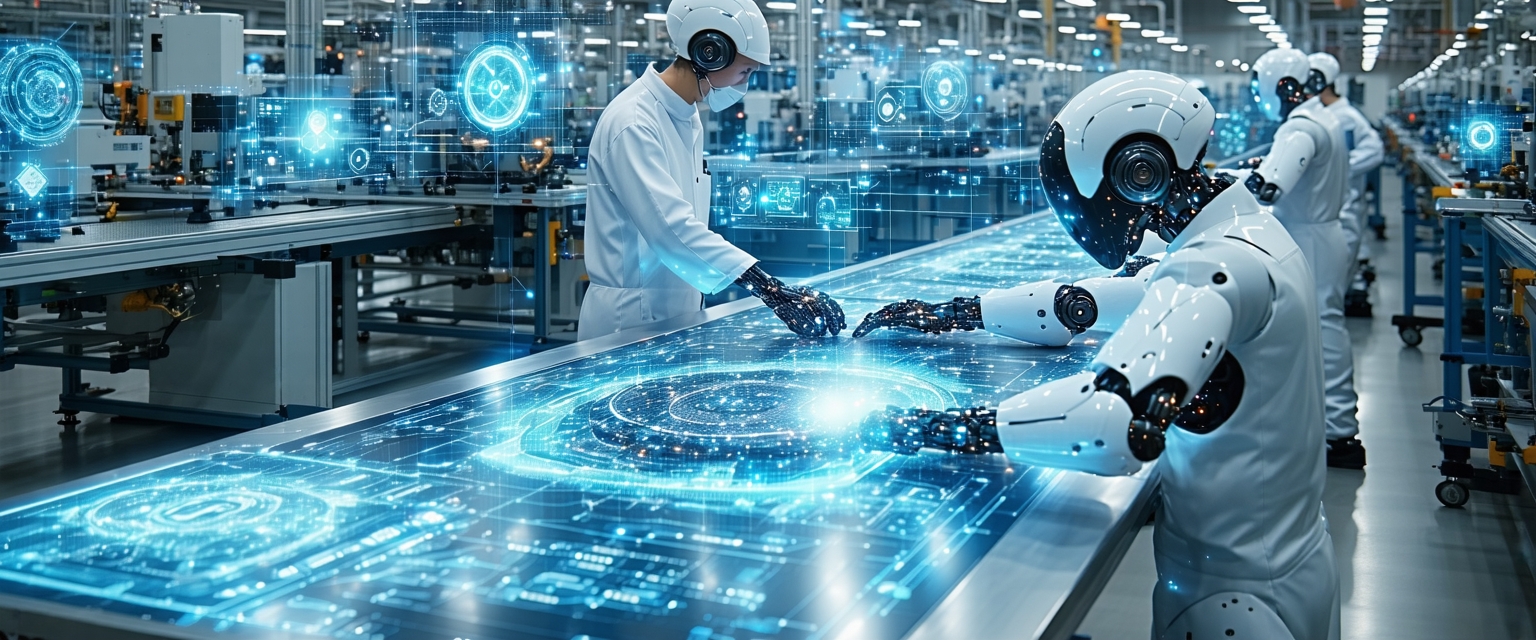






Smart manufacturing, the integration of advanced technologies into industrial processes, is rapidly transforming the manufacturing landscape. Driven by the need for increased efficiency, improved quality, and enhanced flexibility, this technological convergence is reshaping how goods are produced globally. This trend is fueled by advancements in data analytics, artificial intelligence (AI), and the Internet of Things (IoT).
The rise of smart manufacturing is a direct response to several key pressures on the manufacturing sector. Increased global competition necessitates higher levels of productivity and efficiency. Simultaneously, the demand for customized products and shorter lead times requires greater agility and adaptability. These pressures have spurred the adoption of technologies offering improved automation and real-time data analysis.
Recent advancements are significantly impacting the field. AI-powered predictive maintenance is reducing downtime and optimizing resource allocation. Digital twins, virtual representations of physical assets, are enabling improved design, simulation, and troubleshooting. The expansion of 5G networks is also accelerating the adoption of real-time data analysis and remote operations.
A recent report by Deloitte (“The Future of Manufacturing: Smart Manufacturing’s Impact,” 2023) found that 80% of manufacturers are already implementing some form of smart manufacturing technology. Furthermore, McKinsey (“Smart Factories at Scale,” 2022) highlights the significant productivity improvements achievable through the integration of data analytics and AI. These studies underscore the widespread adoption and significant potential benefits of smart manufacturing initiatives.
While smart manufacturing offers immense opportunities, it also presents challenges. High initial investment costs, cybersecurity risks associated with interconnected systems, and the need for skilled labor to manage and maintain these complex technologies represent significant hurdles. However, the potential for increased efficiency, improved product quality, and enhanced sustainability makes the adoption of smart manufacturing a compelling strategic imperative for many manufacturers.
The future of smart manufacturing will likely involve further integration of AI, the rise of edge computing for faster data processing, and greater focus on sustainability initiatives. The development of more user-friendly interfaces and training programs will be crucial for wider adoption.
“`